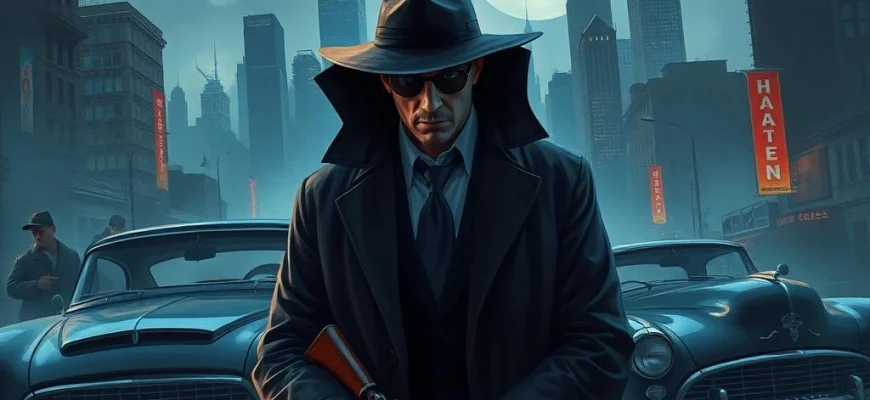If you enjoyed the Cold War espionage and high-stakes intrigue of 'Billion Dollar Brain' (1967), you're in for a treat. This article explores 10 similar movies and shows that capture the same thrilling blend of spy action, political tension, and vintage charm. Whether you're a fan of classic espionage or modern thrillers, these picks will keep you on the edge of your seat.
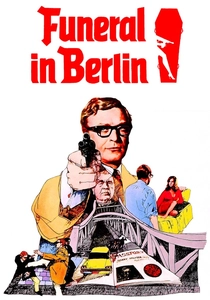
Funeral in Berlin (1966)
Description: A Cold War spy thriller with a focus on espionage, deception, and political intrigue, featuring a morally ambiguous protagonist navigating a world of shifting alliances.
Fact: Based on the novel by Len Deighton, the film was shot on location in Berlin, adding authenticity to its Cold War atmosphere.
 Watch Now
Watch Now 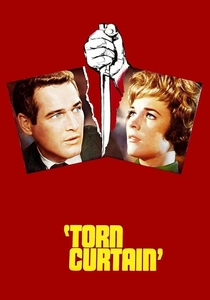
Torn Curtain (1966)
Description: A suspenseful tale of defection and counter-espionage, highlighting the tension and paranoia of the Cold War era, with a strong emphasis on the personal costs of spycraft.
Fact: This was the only collaboration between Alfred Hitchcock and composer Bernard Herrmann that ended in disagreement, leading to Herrmann being replaced.
 Watch Now
Watch Now 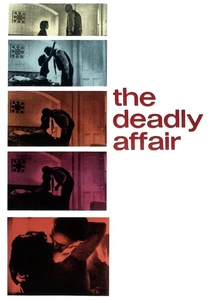
The Deadly Affair (1967)
Description: A gritty, character-driven spy story that delves into betrayal and loyalty, set against the backdrop of Cold War espionage with a focus on psychological depth.
Fact: The film's title was changed from 'Call for the Dead' to avoid confusion with another movie, despite being based on John le Carré's novel of the original name.
 Watch Now
Watch Now 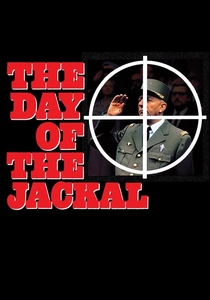
The Day of the Jackal (1973)
Description: A meticulously plotted thriller about an assassin's coldly calculated mission, showcasing the tension between meticulous planning and the unpredictability of human elements.
Fact: The film's protagonist, 'The Jackal,' is never given a real name, adding to his enigmatic and elusive nature.
 Watch Now
Watch Now 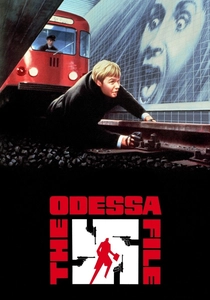
The Odessa File (1974)
Description: A gripping narrative blending post-war Nazi hunting with journalistic investigation, set in a morally complex world where the past's shadows loom large.
Fact: The film's plot was inspired by real-life events and the hunt for Nazi war criminals in the 1960s.
 Watch Now
Watch Now 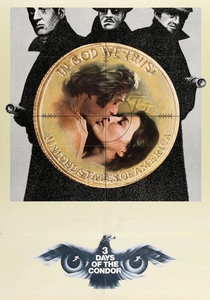
Three Days of the Condor (1975)
Description: A tense, paranoid thriller about a lone intelligence analyst uncovering a conspiracy within his own agency, reflecting the era's distrust of institutions.
Fact: The film's plot was considered so plausible that the CIA reportedly reviewed its own security protocols in response.
 Watch Now
Watch Now 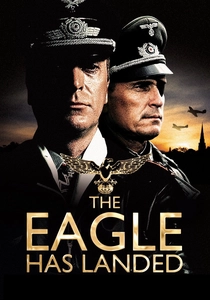
The Eagle Has Landed (1976)
Description: A World War II espionage tale with a focus on a daring mission, blending historical events with thrilling fictionalized elements and moral ambiguity.
Fact: The film features a rare sympathetic portrayal of German soldiers, which was controversial at the time of its release.
 Watch Now
Watch Now 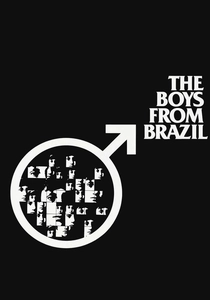
The Boys from Brazil (1978)
Description: A chilling exploration of Nazi conspiracy theories and genetic experimentation, combining historical horror with thriller elements in a global setting.
Fact: The film's premise was inspired by rumors of Nazi scientists attempting to clone Adolf Hitler, a concept that fascinated audiences.
 Watch Now
Watch Now 
Hopscotch (1980)
Description: A lighter take on espionage, featuring a retired spy outmaneuvering his former agency with wit and humor, while still engaging in high-stakes intrigue.
Fact: The film was notable for its use of classical music, including Mozart, which plays a key role in the plot.
 Watch Now
Watch Now 
The Looking Glass War (1970)
Description: A bleak portrayal of espionage, emphasizing bureaucratic incompetence and the tragic futility of Cold War spy missions, with a focus on realism over glamour.
Fact: The film adaptation significantly alters the ending of John le Carré's novel, providing a more cinematic conclusion.
 Watch Now
Watch Now 
